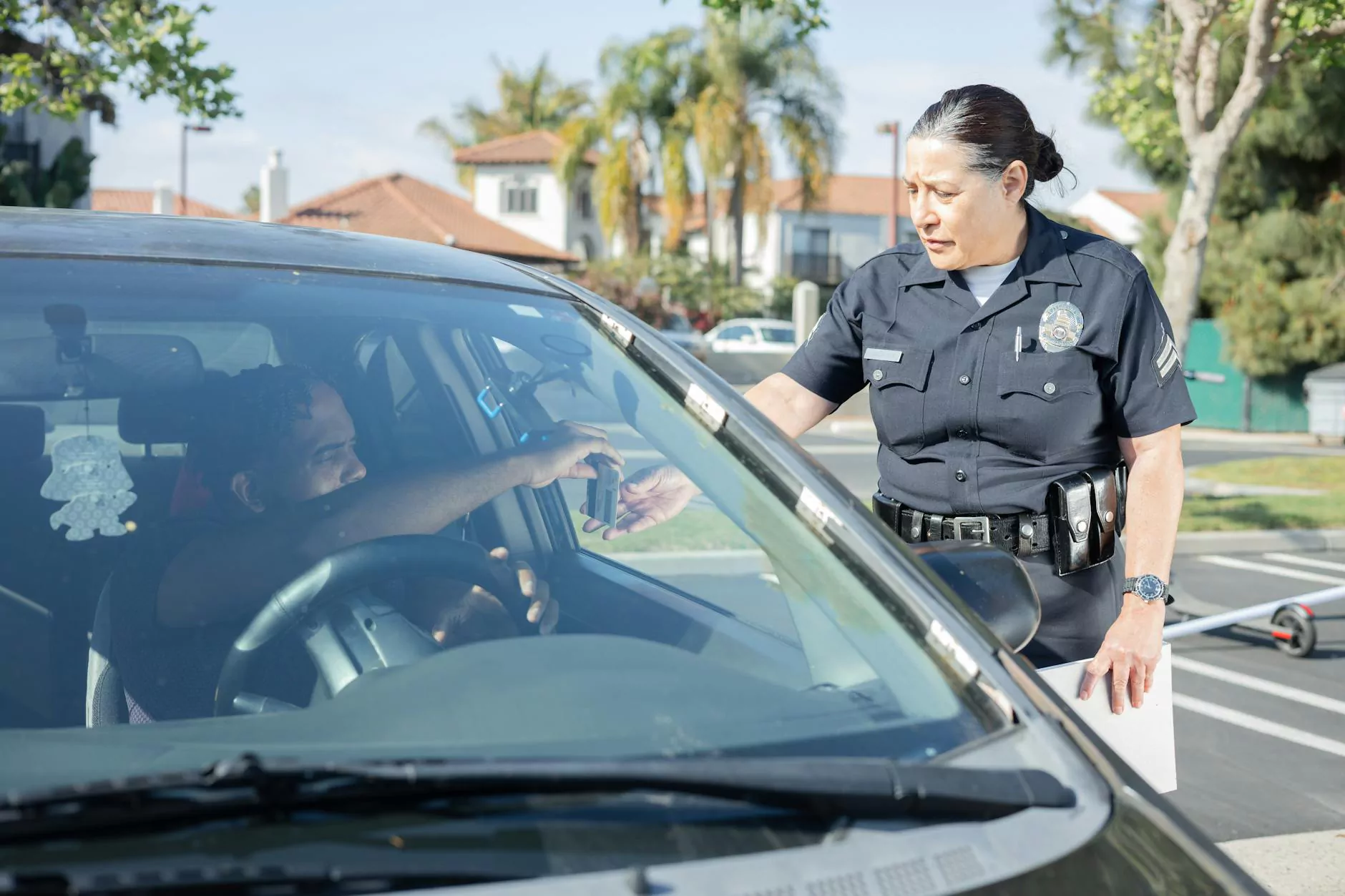The Legal and Ethical Implications of Creating a Fake Driver's License

In today's digital age, it is important to maintain ethical standards in all aspects of life, particularly when it comes to legal documentation such as driver's licenses. Creating a fake driver's license is an illegal activity that carries significant legal and ethical consequences. Furthermore, it poses a serious threat to public safety and undermines the trust we place in official identification systems.
The Importance of Authentic Identification
Driver's licenses serve as crucial forms of identification, confirming an individual's legal ability to operate a motor vehicle. They are not solely used for this purpose, but also serve as widely accepted forms of identification for various other activities, such as opening bank accounts, traveling internationally, and verifying age for the purchase of certain restricted items.
Authenticating the validity of a driver's license is essential to maintain the integrity of these identification systems. It ensures that only individuals who have met the requirements and qualifications set by licensing authorities are granted the privilege of driving legally and enjoying the associated benefits.
The Legal Ramifications
Creating a fake driver's license is a criminal offense, punishable under the law. The magnitude of the offense may vary depending on jurisdiction, but the consequences can include fines, imprisonment, and a permanent criminal record. Moreover, engaging in such fraudulent activities can lead to additional charges related to identity theft and forgery.
Law enforcement agencies and licensing authorities employ various mechanisms to detect fake identification documents, including advanced security features and verification systems. The use of counterfeit identification not only undermines these efforts but also puts individuals at risk of being caught and facing severe legal repercussions.
The Ethical Considerations
Creating a fake driver's license goes against ethical principles and societal norms. It involves deceiving others by providing false information and misrepresenting one's identity. Ethical behavior requires honesty, respect for the law, and consideration for the well-being of others. By engaging in the production and use of counterfeit documents, individuals disregard these fundamental principles.
Moreover, the consequences of using fake identification extend beyond personal legal issues. Fake driver's licenses can be exploited for illegal activities, such as identity theft, fraud, or even involvement in more serious crimes. These actions harm innocent individuals and contribute to the erosion of trust within society.
Conclusion
Creating a fake driver's license, no matter the intention or perceived need, is an illegal activity that carries significant legal and ethical consequences. The risks associated with engaging in such actions far outweigh any potential benefits. It is important to respect the law, prioritize ethical behavior, and understand the importance of maintaining trust in official identification systems. Let us all work together to uphold the integrity of legal documents and contribute to a safer society.
create a fake driver license



